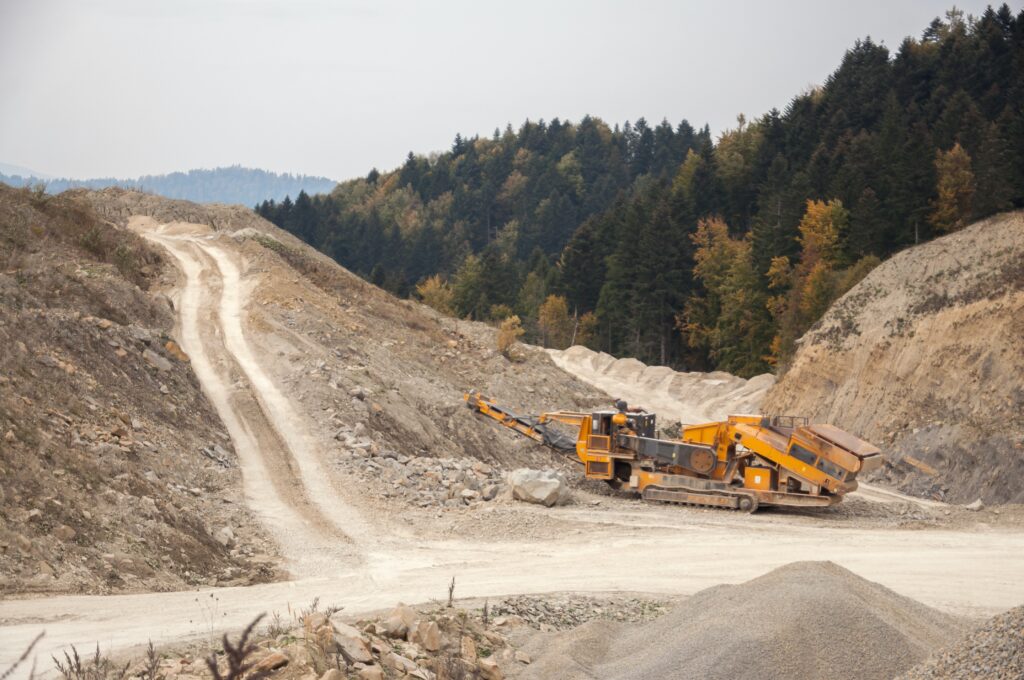
Mining companies face many environmental challenges, including air and water pollution, noise complaints, land degradation, and biodiversity loss. To effectively address these issues, they need a reliable environmental monitoring database. This system should collect and store data on all key environmental factors, helping companies track their performance and meet legal requirements.
One of the most effective ways to manage environmental data is by implementing an environmental monitoring database. This type of system offers several important benefits for the mining industry.
Mining companies must follow strict environmental regulations. Failing to comply can lead to hefty fines, legal issues, and damage to their reputation. A centralised database makes it easier to track compliance by automatically collecting and storing data. As a result, companies can stay up to date with regulations and show their commitment to sustainability.
With access to real-time data, mining companies can quickly detect and resolve environmental problems. This proactive approach helps prevent serious incidents and reduces risk. Additionally, the environmental monitoring database allows them to monitor their environmental performance over time, leading to smarter decision-making and better investment in environmental strategies.
Environmental monitoring databases make it simple to share data with regulators, community members, and environmental groups. This level of openness boosts transparency and strengthens a company’s reputation. By giving stakeholders access to accurate and up-to-date information, mining companies can build trust and demonstrate their environmental responsibility.
Comprehensive data allows mining companies to evaluate risks more effectively. With detailed insights, they can plan ahead, respond quickly to potential incidents, and choose the best management strategies. This results in better risk mitigation and more informed long-term planning.
By using a environmental monitoring database, mining companies can avoid costly fines and reduce expenses tied to environmental damage. Over time, improved performance and reduced risk lead to major cost savings. In fact, these savings.
To read about what we have done for Glencore Coal please see Environmental Monitoring Database for Glencore (formerly Xstrata Coal)
To have a chat about what we can do for you please book a call with our friendly team.